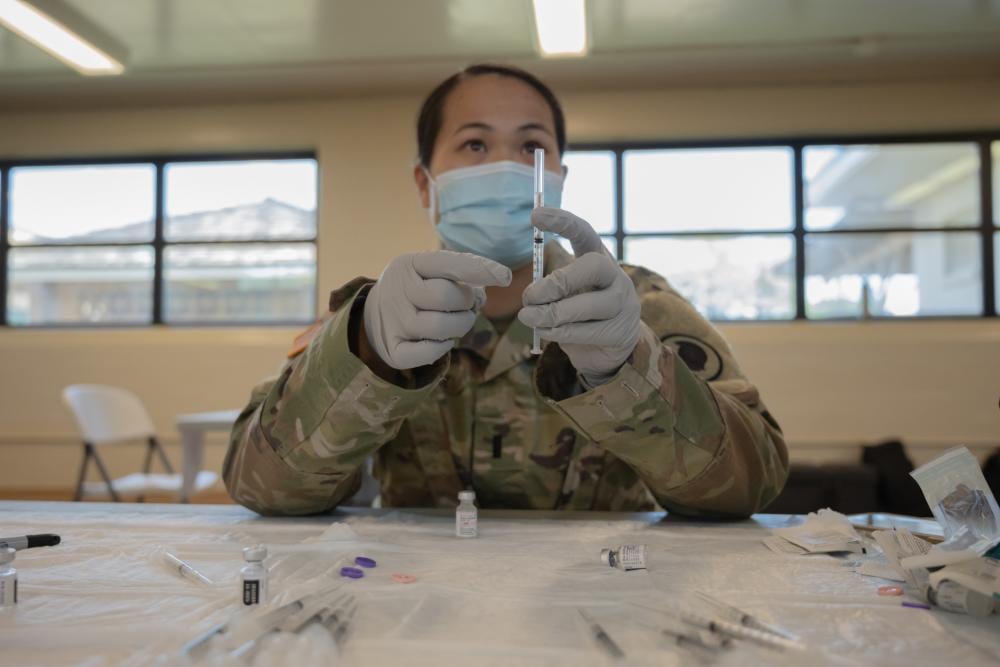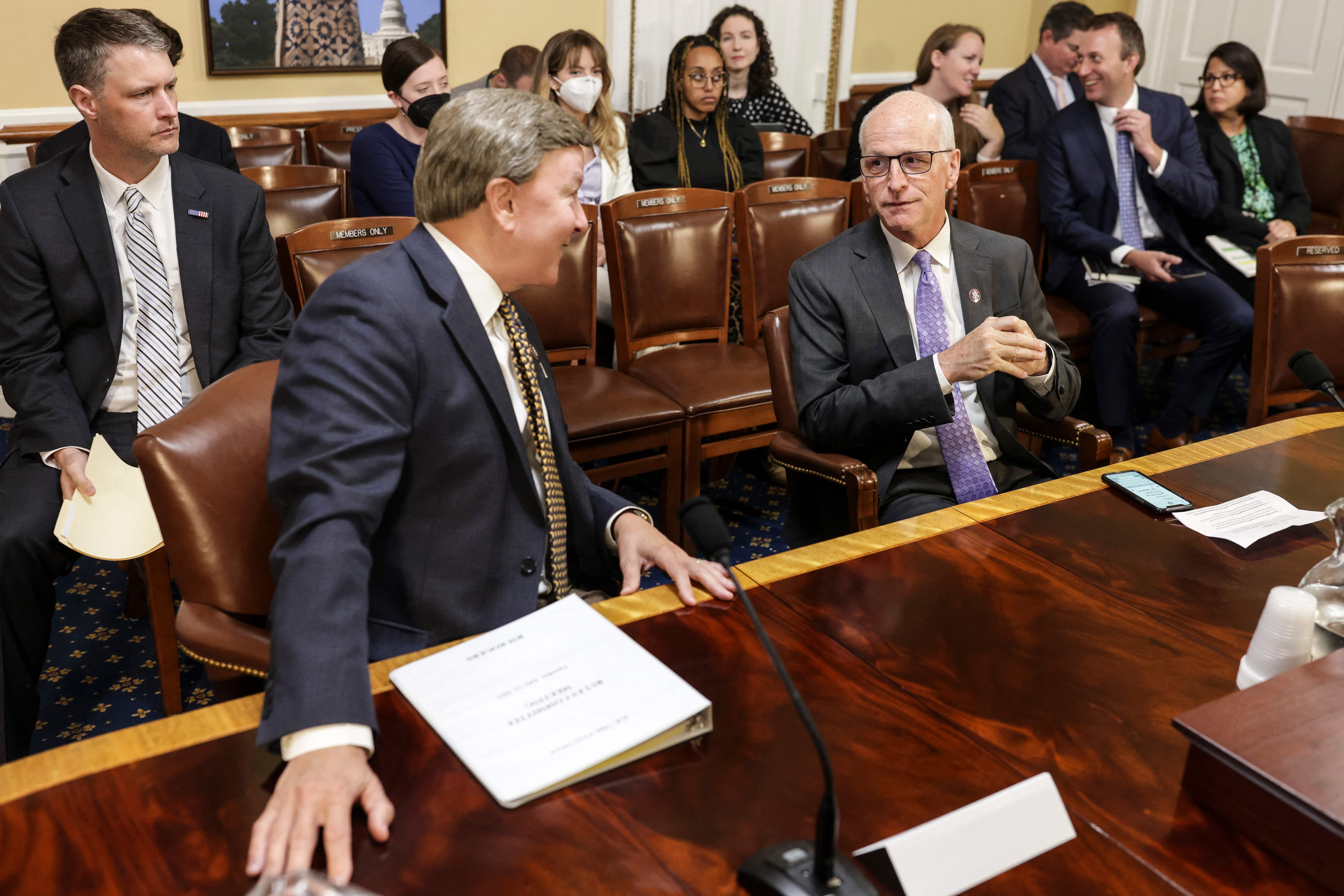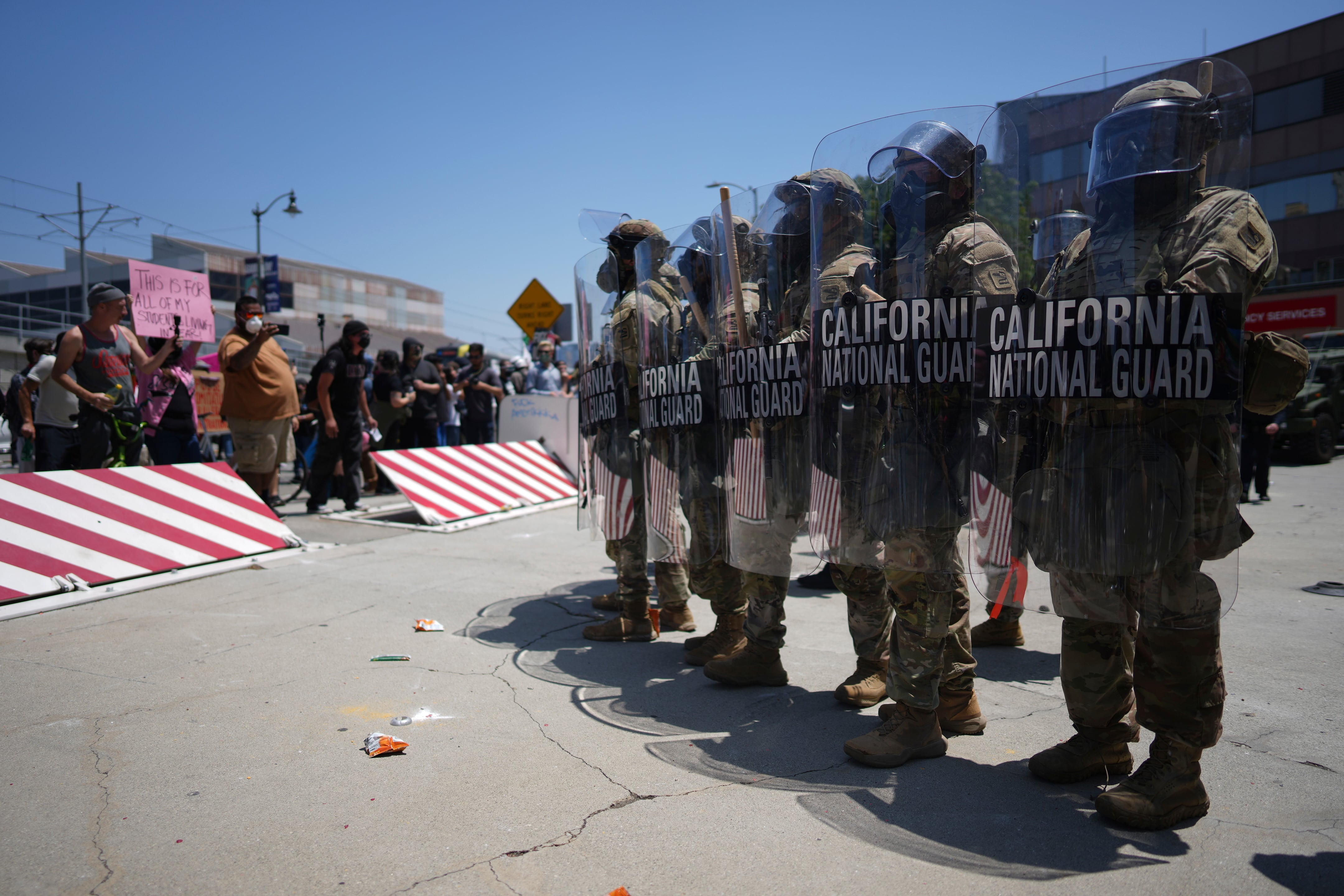The veterans unemployment rate has remained stagnant for the past four months even as national rates have steadily dropped, but outside experts say they see little cause for concern among former military members looking for work.
“I think we’re on our way to pre-pandemic unemployment rates, and I fully expect we’ll see veterans unemployment under 3 percent again,” said Robert Frick, corporate economist at Navy Federal Credit Union. “It’s just going to take some more time.”
Officials from the Bureau of Labor Statistics said that the unemployment rate among all veterans last month was 3.9 percent, the same as in October.
It’s the fourth consecutive month the monthly estimate has been below 4.0 percent. The last time that happened was before the start of the coronavirus pandemic in America in March 2020, when the rate was under 4.0 percent for 23 months in a row.
RELATED

The unemployment rate among veterans of the Iraq and Afghanistan war era was up slightly, from 3.8 percent in October to 4.3 percent in November.
The steady veterans figures come amid significant declines in the number of Americans having trouble finding work in recent months. The national unemployment rate fell to 4.2 percent in November, down from 4.6 percent in October and 5.2 percent just four months ago.
But Frick says those figures speak more to the success of veterans in finding work during the last two years than a sign of problems now.
“The gap between veterans and civilians in finding work has narrowed, but that’s not a bad thing,” he said. “That just shows veterans have been ahead of the rest of the workforce throughout the pandemic.”
Eric Eversole, president of the U.S. Chamber of Commerce Foundation’s Hiring Our Heroes initiative, said before the start of the coronavirus pandemic in America — when national unemployment rates tripled in the matter of weeks — veterans jobless rates generally stayed about 0.5 percentage points lower than the national rate.
But through the pandemic, that difference jumped to about 1.5 percent. In recent months, that difference has slowly shifted back to the old levels.
“The good news is that we saw employers really turning to veterans during the pandemic, to help them navigate a complicated work situation,” he said. “So they were getting hired more than civilians.”
On Friday, President Joe Biden praised the unemployment news as “a significant improvement” for the country but also acknowledged more needs to be done to return the country to its employment situation from two years ago.
RELATED

“Despite this progress, families are anxious about COVID, they’re anxious about the cost of living and the economy more broadly. They’re still uncertain,” he said. “That’s why every day my team and I are working to deliver consistent, determined action to overcome the challenges we still face.”
Frick says he believes veterans employment will see another significant boost in coming months, as more retail and hospitality positions open following the end of pandemic restrictions.
In 2019, the monthly veterans unemployment rate was below 3.0 percent five times, including a low of 2.3 percent in April of that year.
Gulf War II veterans, as the Labor Department labels them, make up about 43 percent of all veterans in the American workforce today. Of the estimated 327,000 veterans looking for work in November, about 158,000 of them were from the youngest generation of veterans.
Leo covers Congress, Veterans Affairs and the White House for Military Times. He has covered Washington, D.C. since 2004, focusing on military personnel and veterans policies. His work has earned numerous honors, including a 2009 Polk award, a 2010 National Headliner Award, the IAVA Leadership in Journalism award and the VFW News Media award.





